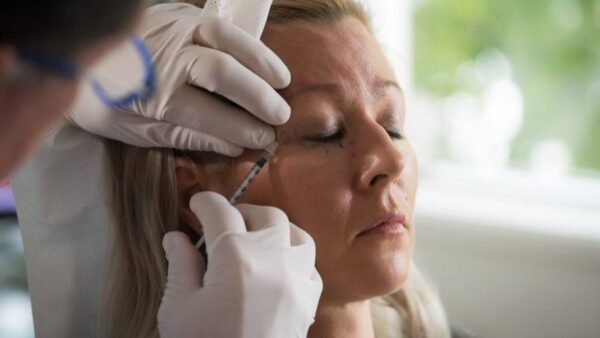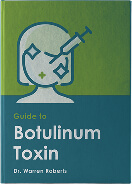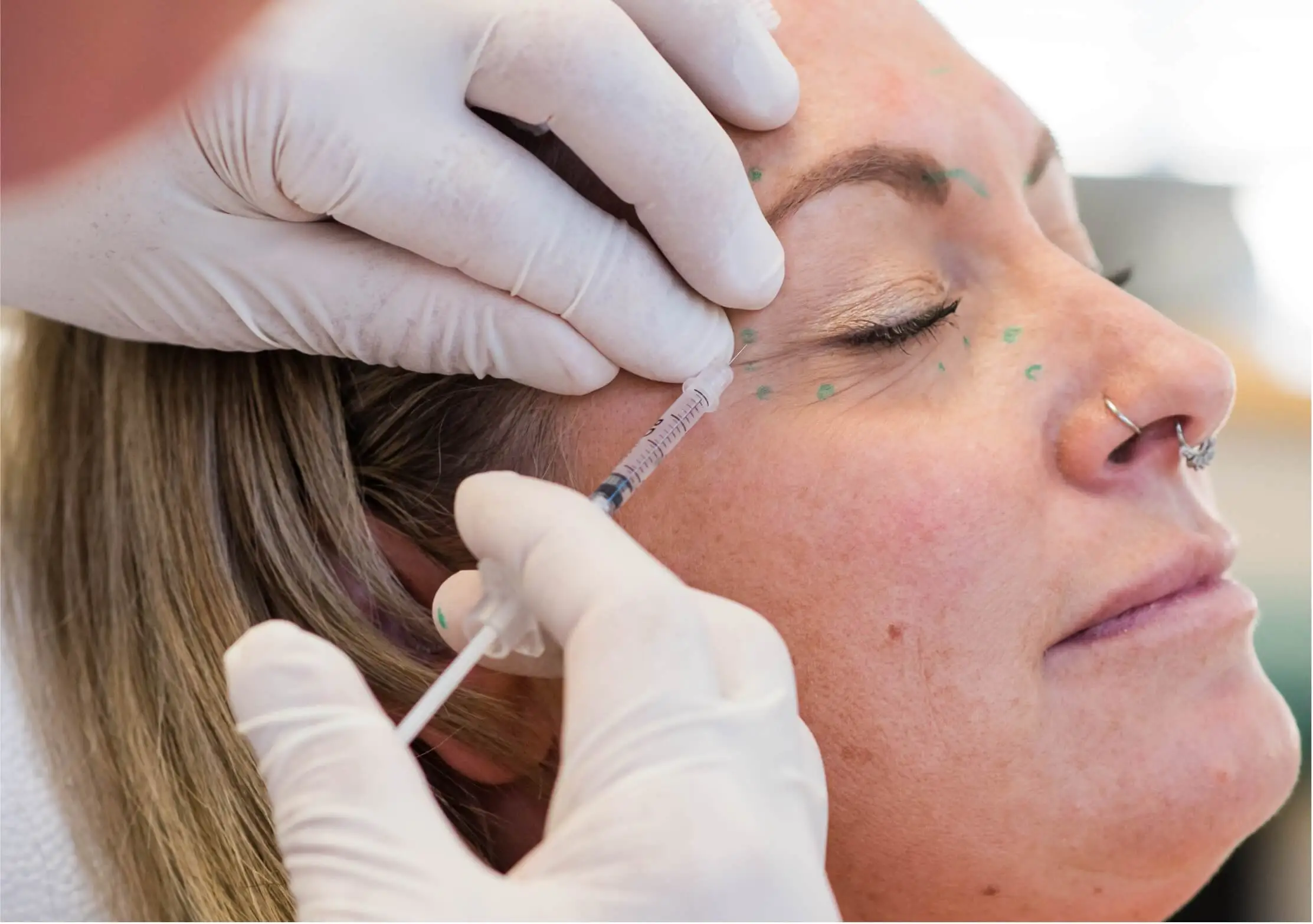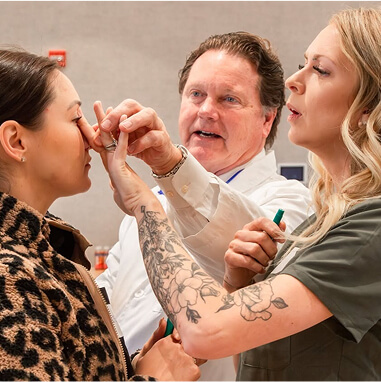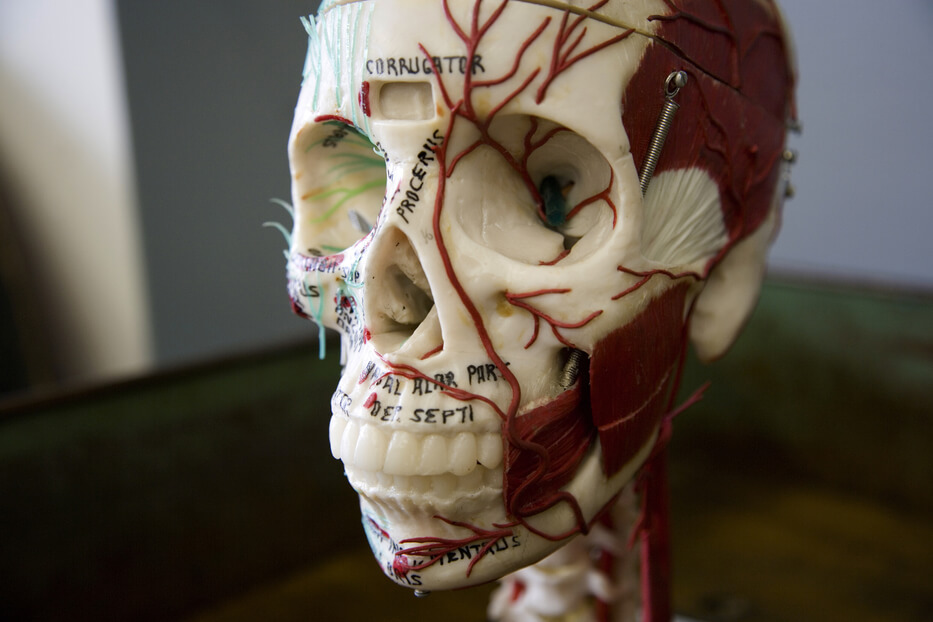Are you a dentist, physician, nurse, pharmacist or naturopath looking to take a Botox and/or Dermal Filler course? Before you register, ask these seven questions!
- What level of patient care is being taught?
We believe there can only be one level of patient care, that is the highest. In 2014, the College of Dental Surgeons of Alberta released the “Standard of Practice for Facial Aesthetic Therapies” which is the highest standard worldwide both dentally and medically. The Standard ensures practitioners receive the highest level of training and that patient care is not compromised. Many other provinces and jurisdictions are also introducing the same standard and requirements.
- What Accreditation does the course have?
PTIFAT has been formally accredited by the highest Standard of Practice for Facial Aesthetics in the industry and was the first educational provider to be accredited by the CDSA. PTIFAT has also been ADA CERP accredited since 2008. ADA CERP provides dentists the ability to select quality continuing dental education (CE) with confidence and promotes the continuous improvement of continuing dental education both nationally and globally.
- What level of proficiency & competence will you achieve during the training?
- is your anatomical knowledge adequate to prevent negative side effects?
- how many patients and areas of the face will you have the opportunity to personally treat?
- how is training structured so you are competent to move to the next level?
PTIFAT’s online Level 1 course teaches 20+ hours of advanced anatomy learning, prior to attending the hands-on clinical Level 2 course. 99% of negative side effects are injector related. As such, a deep understanding of anatomy is paramount to achieving predictable results and avoiding negative side effects.
PTIFAT’s Level 2 course includes a two-day hands-on clinical. Day 1 integrates the anatomy from Level 1 in an Integrative & Anatomical Landmarking Lab, followed by the Day 2 clinical hands-on where you will have the opportunity to inject 8-10 patients. We recommend that you go back and achieve clinical competency and proficiency with the injection techniques taught in Level 2, prior to taking the higher level courses.
- Are Botox and Fillers taught back-to-back?
Such training is inadvisable. Diagnosis comes first and competency with botulinum toxin A is necessary to properly understand how filler can be used most judiciously.
- Does the course teach you how to use photography to aid diagnosis, record anatomical landmarks, the pre-treatment condition, injection sites and post-treatment results?
Are your legal records adequate?
If the answer to any of these questions is “NO”, you are skating on thin ice! We recommend you begin with the online Level 1 – Advanced Anatomy and Level 2 – Basic Botulinum Toxin courses.
- Does the course cover both the aesthetic AND the therapeutic applications ?
There is significant overlap between aesthetic & therapeutic treatments. Therapeutic treatment can have aesthetic side effects and vice versa. A thorough understanding of how the two are related is required for effective and appropriate treatment. The PTIFAT Therapeutic and Aesthetic Templates illustrates their synergy. Precise anatomical placement and proper dosage is required in each case. Higher dosage than that used for aesthetic treatment alone results in reduction of headaches and migraines (see Allergan’s PREEMT study). Click here to learn more.
- What percentage of the Instructors’s practice is focused on injectables?
Does the Instructor actively use injectables in their own private practice? How long has the Instructor been injecting for? How many sets of before-and-after results can they share with you from their own office? Are you able to view their cases and see their work? At PTIFAT, all of our Instructors “walk the talk”. Not only are they masters of PTIFAT’s proven clinical protocols, they also have hundreds of before-and-after photos of patients they have treated back in their own office.
